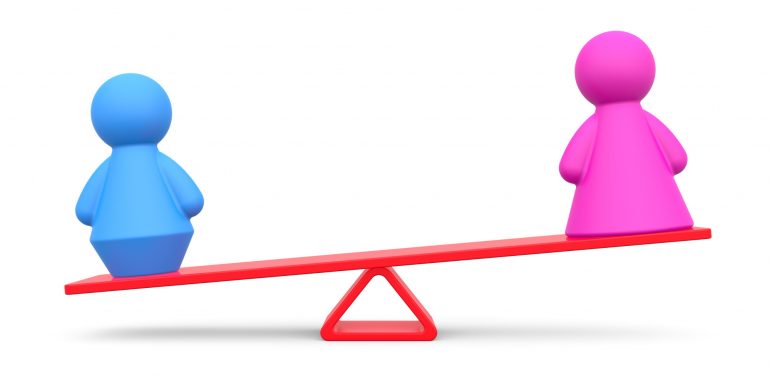We would think that the gap in rights between men and women has been covered enough in the last decades and that the scene is getting better and better, after constant struggles and claims of course, as nothing is given away. Error. The World Economic Forum, in its report for 2017, indicates a completely different reality from the desired one.
As reported by Bloomberg in its related publication, on current data, it will take about 100 years for women to achieve full equality with men in the four areas considered by the POF, which are: political empowerment, participation in the economy, health and education. A very discouraging conclusion, considering that the same 2016 report put the estimated time for reducing inequality at 83 years.
"It's been a disappointing year," said Saadia Zahidi, director of education, labor and gender at the World Economic Forum, linking the global economic downturn to a more general slowdown in progress in the world's largest economies.
Political imbalance
In politics, for example, women in the US make up less than 20% of Congress and just 17% of President Trump's office workers, a disparity that according to POF puts the country just 12% of its way to full gender equality. gender. However, women enjoy parity in the education system and are very close to the male population in measures of health and survival.
India, ranked a dismal 108th overall (down 10 places from 2006), is the rival of the US in awe, as women are highly involved in the country's political affairs, but seem almost excluded from health, education and economy.
China is not even in the top 100, ranking 144th in terms of health. The measurement of women's life expectancy is typical. Women in China live on average twice as long as Chinese men. Furthermore, while approximately 70% of women in the country participate in the labor market, they earn only 64% of men's wages for the same positions.
Signs of progress
Despite the worrying signs, all is not bleak. The countries at the top of the list are still working to make further progress on gender equality. For example, women in Iceland, which is in first place, are expected to soon be considered equal actors in the country's national economy. "This is a message that the rest of the world needs to get," Zahidi said.
The World Economic Forum partnered with the LinkedIn app to delve into economic data in selected countries, focusing on gender inequality by industry sector. The survey concluded that while women's participation has increased in all the sectors examined, they still do not hold leadership positions in any of them, even in sectors such as education, where women make up the majority of workers.
"Gender equality must be addressed in a holistic way, individual progress is not enough," said Zahidi.
Source: HuffPost
